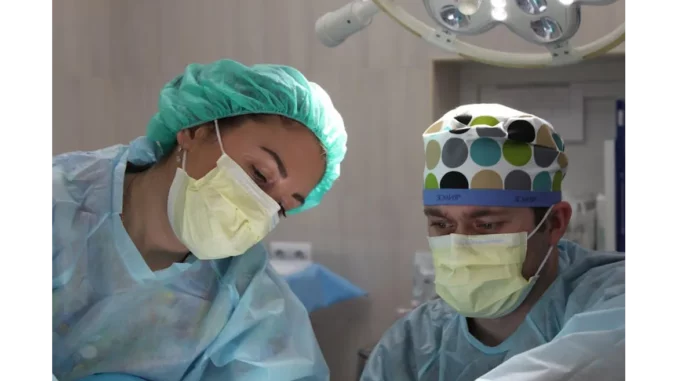
The realm of cardiac care is witnessing a radical transformation propelled by the emergence of AI-driven devices. These innovative technologies are redefining the methodologies for diagnosing, monitoring, and treating heart ailments, presenting unmatched prospects for tailor-made medical attention. With cardiovascular diseases continuing to be a predominant cause of mortality on a global scale, the integration of artificial intelligence into cardiac devices stands to revolutionise our approach to heart health.
Central to this evolution is the advent of adaptive cardiac devices, which employ AI-driven algorithms to deliver real-time, customised treatment. Unlike conventional pacemakers and monitors, these advanced devices can dynamically adjust to a patient’s condition, evaluating changes in heart rhythms and optimising therapy delivery based on live data. This personalised approach ensures that patients receive the most accurate and effective care, meticulously tailored to their specific needs. The ramifications of this technology are substantial; for individuals suffering from conditions like arrhythmias or heart failure, AI-powered implants provide relentless, 24-hour care, significantly enhancing outcomes and elevating quality of life. By offering personalised treatments, these devices diminish the risk of complications and hospital admissions, thus improving overall patient wellbeing.
The burgeoning market for AI-enhanced cardiac devices underscores this technological shift. The global demand for cardiovascular devices is witnessing rapid expansion, fuelled by the increasing embrace of sophisticated technologies. Industry projections suggest that this market will achieve a valuation of $84.8 billion in 2023, with an anticipated compound annual growth rate of 5.2%, reaching $140 billion by 2033. This boom mirrors the escalating demand for AI-enhanced diagnostic and therapeutic tools, which are steadily becoming essential components of contemporary cardiac care. Wearable cardiac monitors, equipped with electrocardiogram (ECG) capabilities, are also gaining traction, empowering patients by facilitating continuous, non-invasive heart health tracking. These devices offer invaluable insights, enabling informed decision-making. The integration of AI-enhanced therapeutic devices is forging a cohesive ecosystem for managing cardiovascular diseases, presenting a more holistic approach to heart care.
Nevertheless, despite the promising potential of AI-driven cardiac devices, several hurdles must be overcome to ensure their widespread adoption and efficacy. Data privacy and security remain paramount concerns, given that these devices collect and transmit sensitive health information. Moreover, integrating these technologies into existing healthcare systems necessitates collaboration among various stakeholders, including healthcare providers, technology developers, and regulatory authorities. Demonstrating the efficacy of these devices through clinical trials, optimising cost-effectiveness, and expanding global access will be crucial in realising their full potential. As the adoption of advanced cardiac technologies accelerates, the emphasis will increasingly shift towards establishing standardised protocols and guidelines to guarantee their safe and effective use.
The future of cardiac care looks set to be defined by the seamless integration of AI in monitoring and therapy. By establishing new benchmarks in personalised medicine, AI-driven cardiac devices possess the potential to significantly improve patient outcomes in one of the most critical areas of healthcare. As these technologies continue to evolve, they are poised to assume an increasingly central role in managing cardiovascular diseases. This evolution promises a more patient-centric and proactive approach to heart health, ensuring that care is both precise and effective.
The strides made in AI-driven cardiac devices signify a significant leap forward in heart care. By harnessing the power of artificial intelligence, these devices are revolutionising the methods by which we diagnose, monitor, and treat heart conditions, offering personalised solutions that enhance patient outcomes. As we further explore the potential of AI in cardiac care, we edge closer to a future where heart health management is more precise, effective, and accessible than ever before. This ongoing journey towards technological integration and innovation heralds a new era in cardiac care, one that promises to be both transformative and profoundly beneficial for patients worldwide.


Be the first to comment